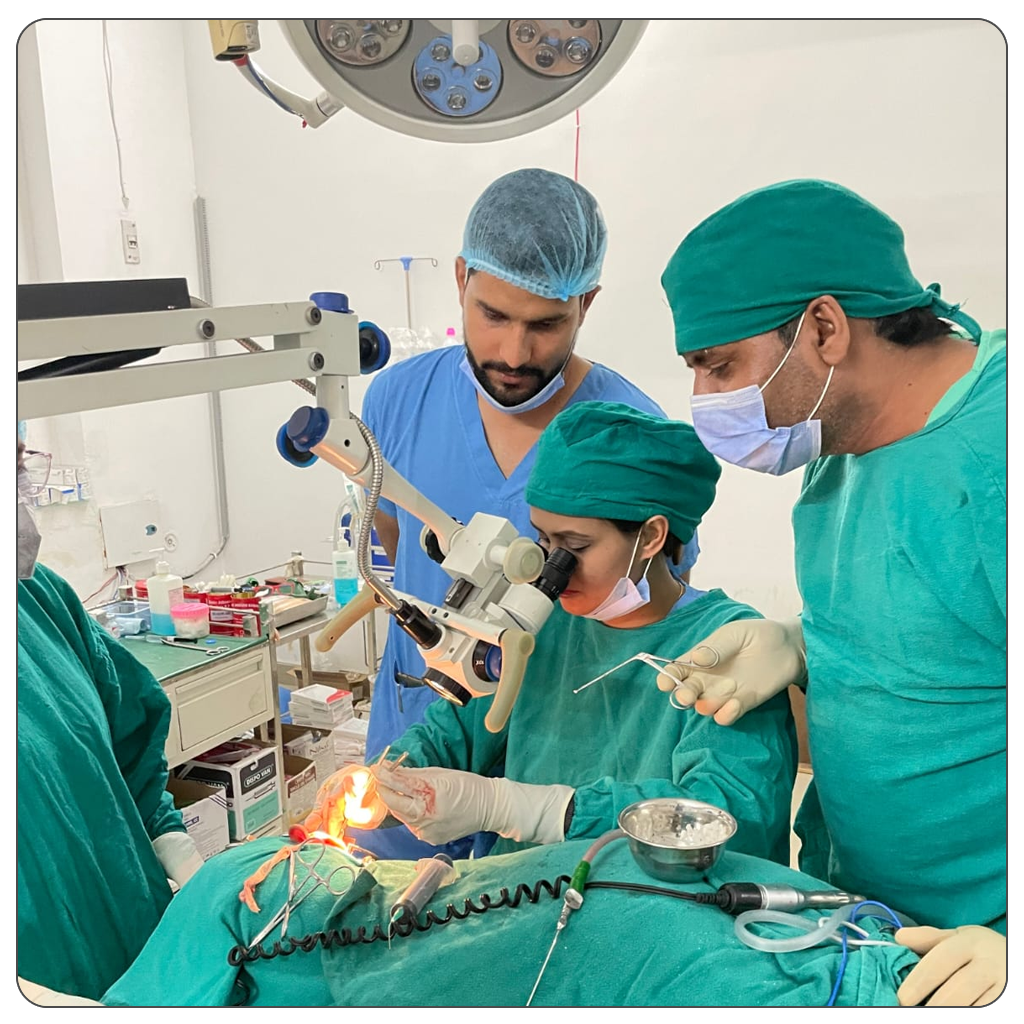Meniere’s Disease – The Truth, Myth, and Treatment
Meniere’s Disease is a medical condition that affects the inner ear, causing symptoms such as vertigo, tinnitus, hearing loss, and a feeling of fullness in the ear. Despite being a relatively common condition, there are many myths and misconceptions surrounding Meniere’s Disease. In this blog, we’ll take a look at the truth about Meniere’s Disease and explore the most effective treatments for the condition.
Myth: Meniere’s Disease is caused by stress or anxiety.
Truth: While stress and anxiety can worsen Meniere’s Disease symptoms, they are not the underlying cause of the condition. Meniere’s Disease is caused by a buildup of fluid in the inner ear, which disrupts the balance of fluids in the ear and leads to symptoms such as vertigo, tinnitus, and hearing loss.
Myth: Meniere’s Disease is a rare condition.
Truth: Meniere’s Disease is more common than many people think. It affects approximately 615,000 people in the United States alone, and is diagnosed in approximately 45,500 new patients each year.
Myth: There is no treatment for Meniere’s Disease.
Truth: While there is no cure for Meniere’s Disease, there are a variety of treatments available that can help manage symptoms and improve quality of life. These treatments may include medication to reduce vertigo and nausea, hearing aids to improve hearing loss, and lifestyle changes such as reducing salt intake and avoiding triggers that worsen symptoms.
Myth: Surgery is the only option for severe cases of Meniere’s Disease.
Truth: While surgery may be necessary for some patients with severe Meniere’s Disease, it is not the only option. In fact, most patients are able to manage their symptoms with non-surgical treatments such as medication and lifestyle changes. Surgery is typically only recommended as a last resort for patients who do not respond to other treatments.
In conclusion, Meniere’s Disease is a relatively common condition that is caused by a buildup of fluid in the inner ear. While there are many myths and misconceptions surrounding the condition, the truth is that there are effective treatments available that can help manage symptoms and improve quality of life. If you or a loved one are experiencing symptoms of Meniere’s Disease, it’s important to speak with a healthcare provider to receive an accurate diagnosis and develop an individualized treatment plan.




















